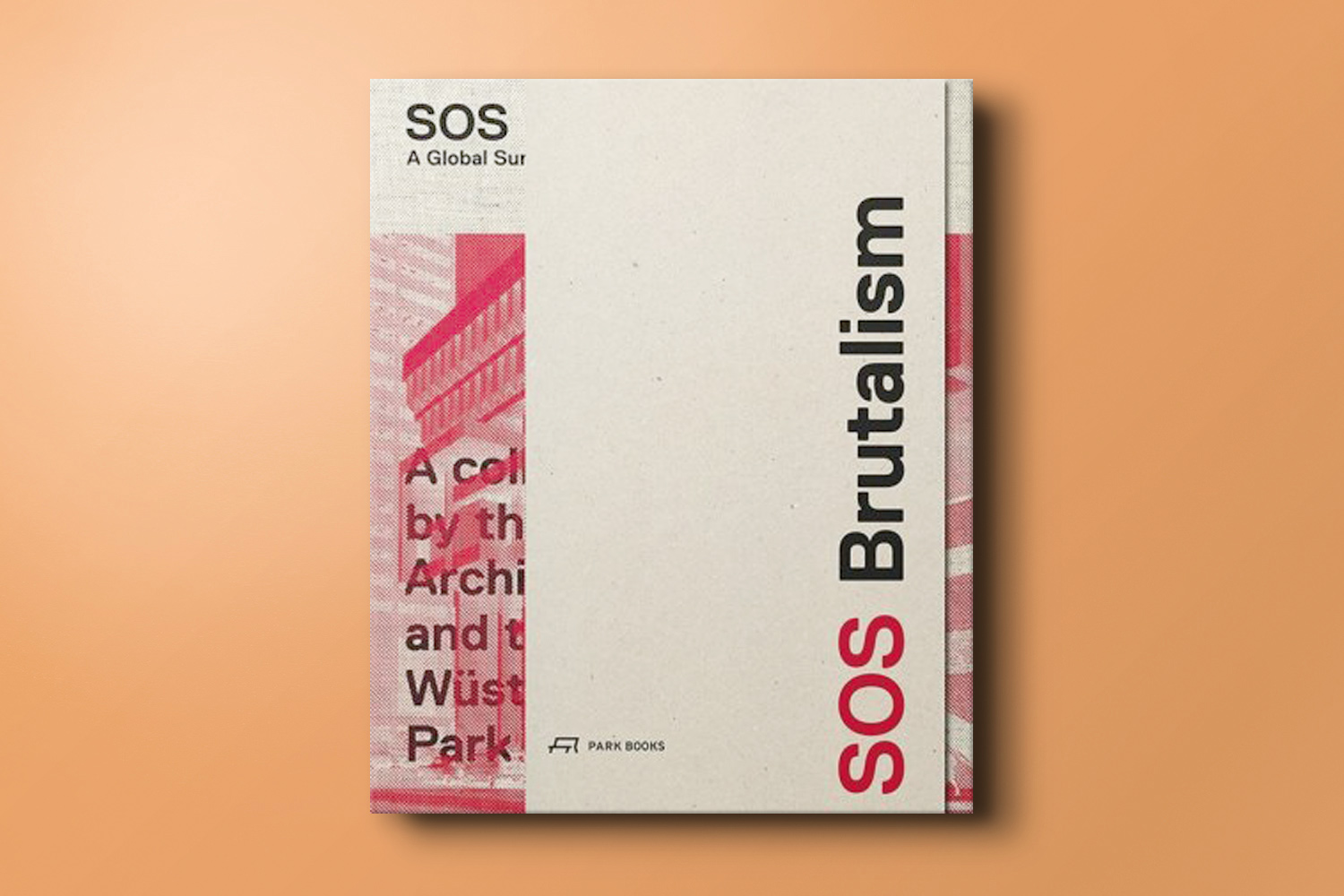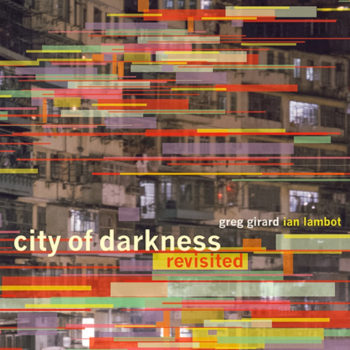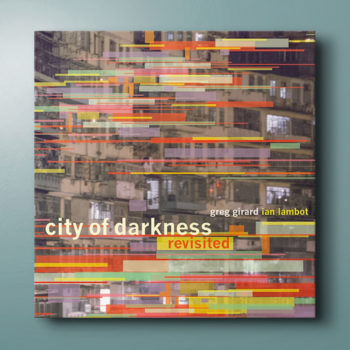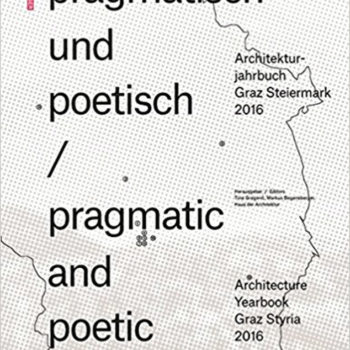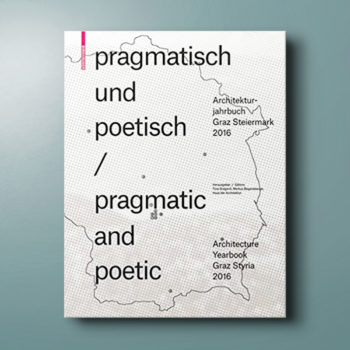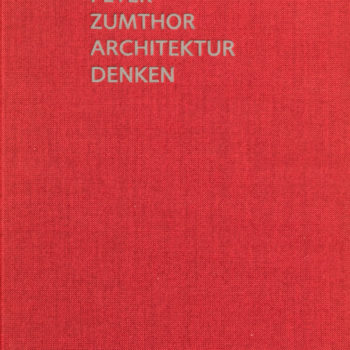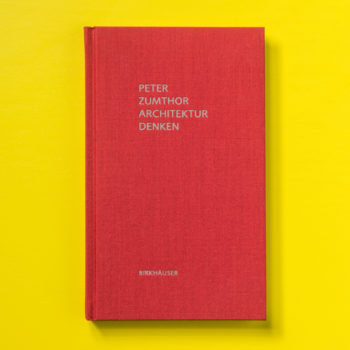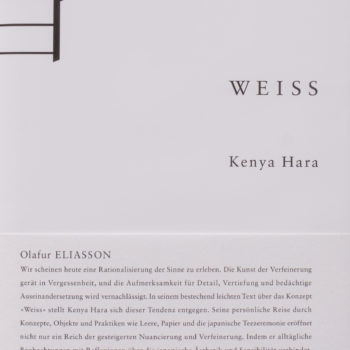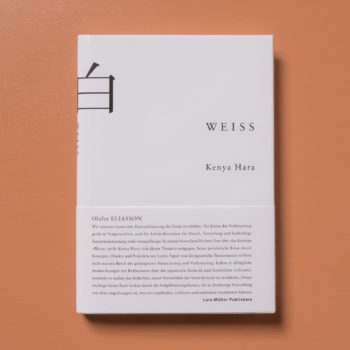The first-ever global survey of brutalist architecture from the 1950s to the 1970s, based on research project carried out collaboratively by Deutsches Architekturmuseum DAM and Wüstenrot Foundation.
SOS Brutalism is a distress signal. Since the 1950s, eminent architects around the world have realized buildings expressing an uncompromising attitude. Predominantly, yet not exclusively, they used exposed concrete, or béton brut (hence the term brutalism), for the construction. Today, many of these always controversially discussed buildings are in danger of demolition or, at least, of reconstruction that often may change their appearance beyond recognition. In recent years, an initiative to protect and preserve this significant global heritage of 20th-century architecture has gained momentum, mainly in the internet. Using the hashtag #SOSBritalism, the Deutsches Architekturmuseum (DAM, German Museum of Architecture) in Frankfurt on the Main and the Wüstenrot Foundation participate in this campaign with a vast collaborative research project.
The result of this research to date is a global survey of brutalist architecture of the 1950s, 1960s and 1970s, presented in an exhibition at DAM in autumn 2017 and a coinciding and uniquely comprehensive book. Some 100 contributors document around 120 key buildings from this period, including many previously unpublished discoveries that are in acute danger of loss through neglect of intended demolition. Moreover, the book features overviews of brutalism in architecture in twelve regions around the world. Case studies of hotspots such as the Macedonian capital Skopje or New Haven, Connecticut, and essays on the history and theory of brutalism round out this lavishly illustrated book. The supplement collects papers of an international symposium on brutalism in architecture held in Berlin in 2012.
The book is published in conjunction with the exhibition SOS Brutalism—Save the Concrete Monsters at DAM in Frankfurt on the Main (8 November 2017 to 25 February 2018) and at Architekturzentrum Wien (3 May to 6 August 2018).

